For urban dwellers craving a touch of nature, balcony gardening offers a perfect solution. Among the myriad of plants suitable for beginners, certain varieties stand out not just for their ease of care but also for the auspicious meanings they carry. These plants bring more than greenery to your space—they symbolize prosperity, health, and positive energy.
One excellent choice for novice gardeners is the Jade Plant (Crassula ovata). Often referred to as the "money plant," its plump, oval leaves resemble coins, making it a popular symbol of wealth and good fortune in many cultures. This succulent thrives in bright light and requires minimal watering, making it nearly foolproof for those still honing their gardening skills. The Jade Plant’s resilience mirrors the steadfastness needed to attract abundance, and its ability to grow for decades means it can become a cherished heirloom.
Another low-maintenance option is the Lucky Bamboo (Dracaena sanderiana). Despite its name, this plant isn’t actually bamboo but a member of the Dracaena family. Its slender, upright stalks are often arranged in artistic bundles and are believed to channel positive energy according to Feng Shui principles. Lucky Bamboo grows well in water or soil and tolerates low-light conditions, making it ideal for balconies with limited sunlight. The number of stalks carries specific meanings—three for happiness, five for wealth, and eight for prosperity—allowing you to customize its symbolism.
For those seeking color alongside symbolism, the Peace Lily (Spathiphyllum) is a superb pick. With its elegant white blooms and glossy leaves, this plant purifies the air while representing tranquility and renewal. Peace Lilies adapt well to shady spots and will droop slightly when thirsty, serving as a natural reminder to water them. Their ability to bounce back from neglect makes them forgiving for beginners, and their striking appearance adds sophistication to any balcony garden.
If fragrance is a priority, consider the Citronella Plant (Cymbopogon nardus). Known for its mosquito-repelling properties, this grassy perennial also symbolizes cleansing and protection. Citronella thrives in full sun and well-drained soil, releasing its distinctive lemony scent when brushed against. Beyond its practical benefits, many cultures associate citrus aromas with purification and warding off negative energy, making it doubly valuable for those who believe in the interplay between botany and spirituality.
Herb enthusiasts might gravitate toward Basil (Ocimum basilicum), particularly the sacred varieties like Tulsi. Revered in Ayurveda and Hindu traditions, basil is considered a bridge between heaven and earth. Its aromatic leaves are used in teas and culinary dishes while its presence is thought to invite divine protection. Basil requires regular pruning to prevent flowering, which encourages bushier growth—a satisfying ritual that connects growers to ancient gardening traditions. Placing pots of basil near entryways is said to welcome positive vibrations.
The Snake Plant (Sansevieria trifasciata), with its sword-like leaves, makes a striking vertical accent. Called "Mother-in-Law’s Tongue" in some regions, this hardy specimen survives irregular watering and low light while filtering indoor air pollutants. In Chinese culture, its upward growth pattern symbolizes the relentless ascent of chi energy. The plant’s architectural form contrasts beautifully with softer foliage, proving that auspicious plants needn’t sacrifice aesthetic appeal for symbolism or ease of care.
For continuous blooms, the Geranium (Pelargonium) offers vibrant clusters of flowers in shades from crimson to white. These cheerful plants symbolize friendship and positive emotions, with different colors carrying distinct meanings—red for protection, pink for preference, and white for purity. Geraniums prefer sunny locations but will tolerate partial shade, and their drought-resistant nature makes them perfect for forgetful waterers. Pinching back spent flowers encourages new growth, a practice that mirrors the importance of letting go to make room for new blessings.
Rounding out our selection is the Aloe Vera, a succulent with serrated leaves filled with healing gel. Beyond its medicinal uses for burns and skin irritations, aloe is considered a guardian against household accidents and negative influences. This plant flourishes in bright light with infrequent watering, its plump leaves serving as water reservoirs during dry spells. The appearance of a flowering stalk—though rare indoors—is seen as an especially fortuitous sign, representing the blossoming of good fortune after patient nurturing.
When selecting plants for an auspicious balcony garden, consider more than just horticultural requirements. The arrangement of plants matters in traditions like Feng Shui—placing taller plants behind shorter ones creates harmony, while avoiding clutter allows energy to flow freely. Container choice also contributes to the overall effect; ceramic pots in earthy tones ground the space, while metallic accents can enhance the metal element in Feng Shui practices. Remember that intention matters as much as botany when cultivating these living symbols.
Beyond their symbolic value, these eight plants share practical traits that make them beginner-friendly: drought tolerance, pest resistance, and adaptability to container life. Start with two or three varieties that resonate with your goals, whether attracting prosperity, ensuring health, or simply creating a serene retreat. As your confidence grows alongside your plants, you’ll discover that balcony gardening cultivates more than foliage—it nurtures patience, mindfulness, and an appreciation for nature’s quiet miracles.

By /May 21, 2025

By /May 21, 2025

By /May 21, 2025

By /May 21, 2025

By /May 21, 2025
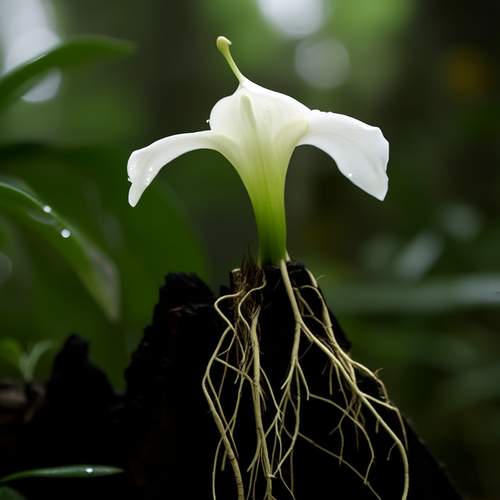
By /May 21, 2025

By /May 21, 2025

By /May 21, 2025
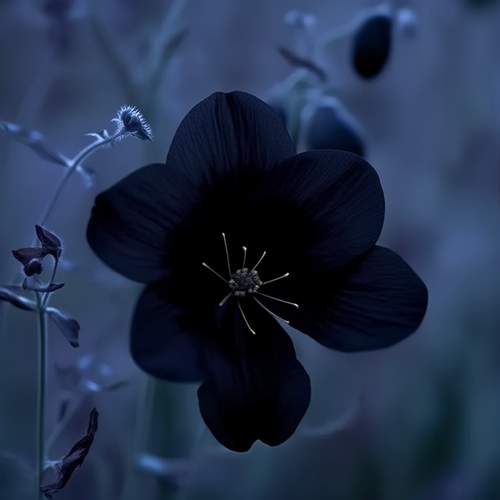
By /May 21, 2025
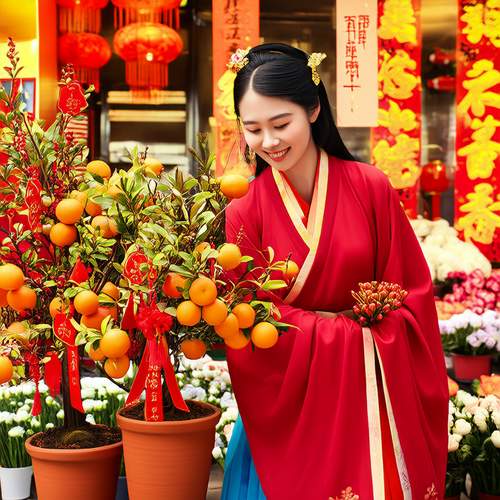
By /May 21, 2025
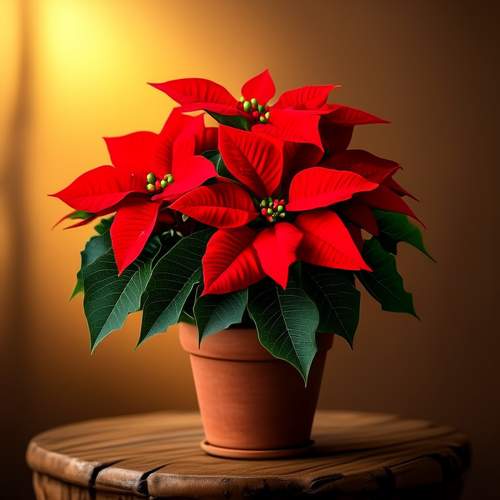
By /May 21, 2025

By /May 21, 2025

By /May 21, 2025

By /May 21, 2025
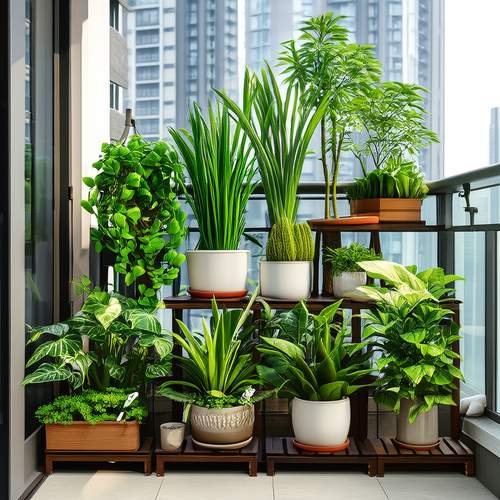
By /May 21, 2025
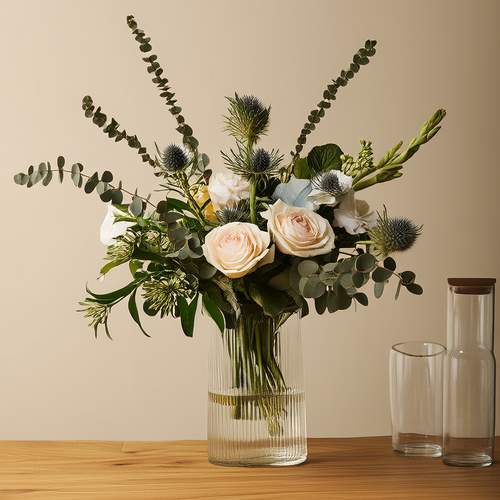
By /May 21, 2025

By /May 21, 2025

By /May 21, 2025
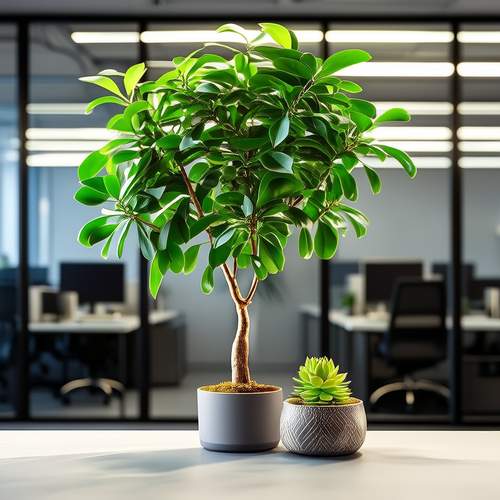
By /May 21, 2025

By /May 21, 2025